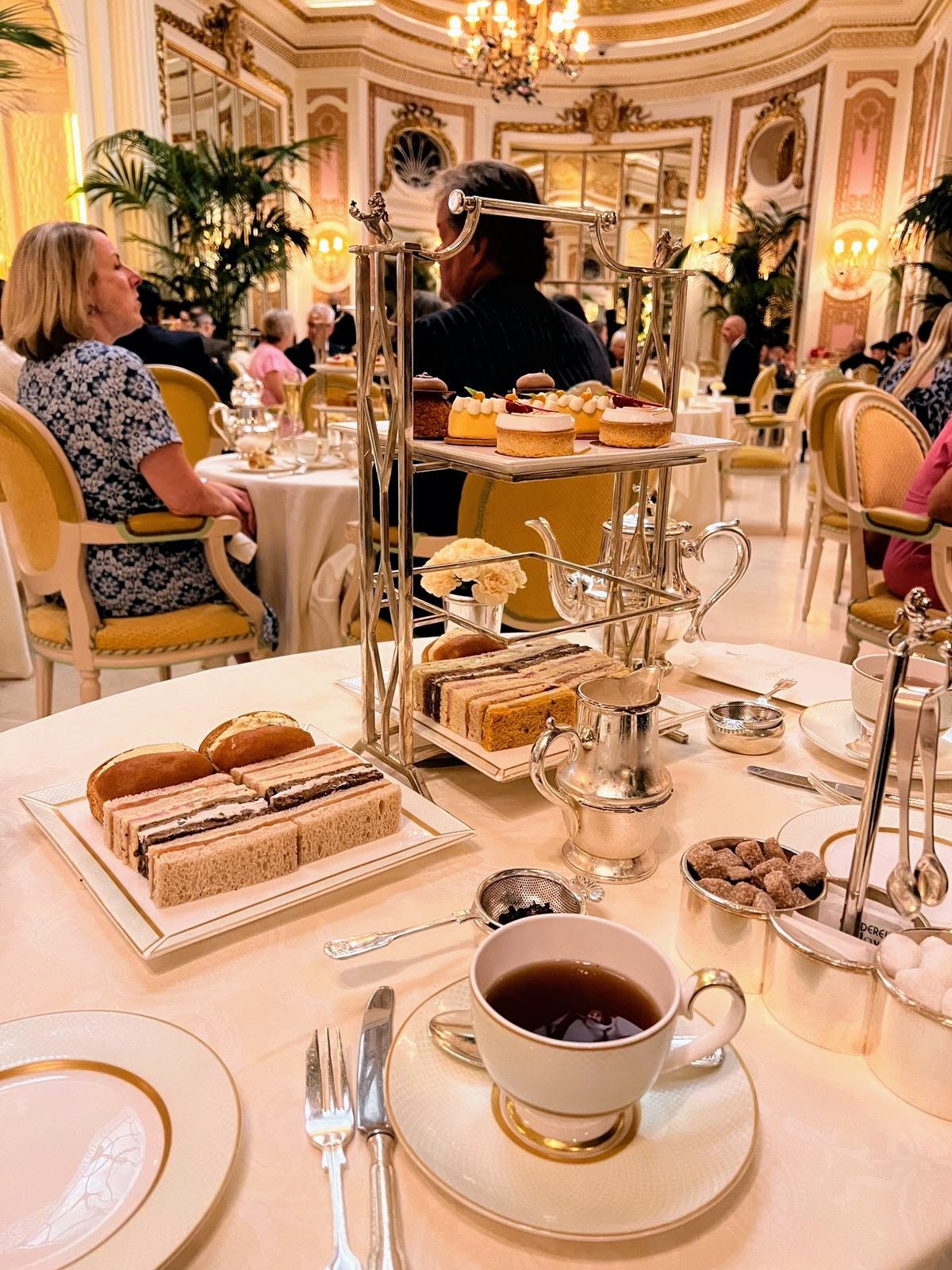The Diminishing Returns of Experience
The day I realized I had everything was the day I felt I had nothing.
I've tasted both the sweetness of privilege and the bitterness of struggle. Neither prepared me for the emptiness of having it all.
I grew up privileged, then lost everything. For a decade, my family struggled. I used to dream of a full fridge. Now, I dream of feeling hungry for life again.
I remember one day, my sister asked me why we suddenly had so much more food in the fridge. It was when I started making money.
In my younger years, my main focus was making money to feed my mom and sister. They gave up so much for me to have the opportunity to grow up in a first-world country. Until my mid-20s, I didn't have the time or means to experience life.
Afternoon tea at The Ritz London: In my opinion, still the best afternoon tea I have ever experienced.
I remember the first time I gave my mother all my money from my first paycheck.
I remember the first ti…




